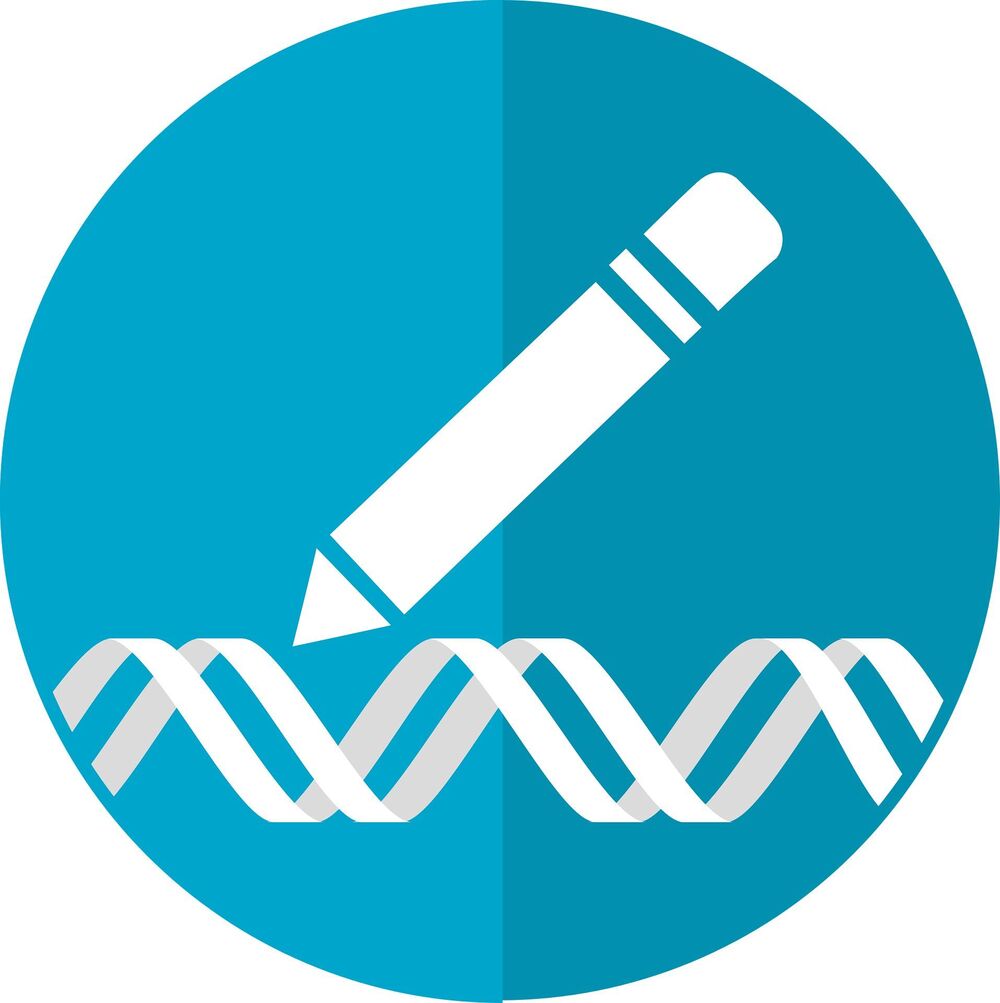Quick, accurate and easy-to-use, CRISPR-Cas9 has made genomic editing more efficient—but at the same time has made human germline editing much more feasible, erasing many of the ethical barriers erected to prevent scientists from editing the genes of heredity.
“The ethical debate about what is now called human gene editing has gone on for more than 50 years,” writes Dr. John H. Evans, co-director of the Institute for Practical Ethics at the University of California, San Diego. “For nearly that entire time, there has been consensus that a moral divide exists between somatic and human germline editing.”
In an essay published in the Proceedings of the National Academy of Sciences (PNAS), Evans contends that many of the potent bioethical arguments that once made germline editing a verboten concept, have begun to dissolve in the era of CRISPR.
